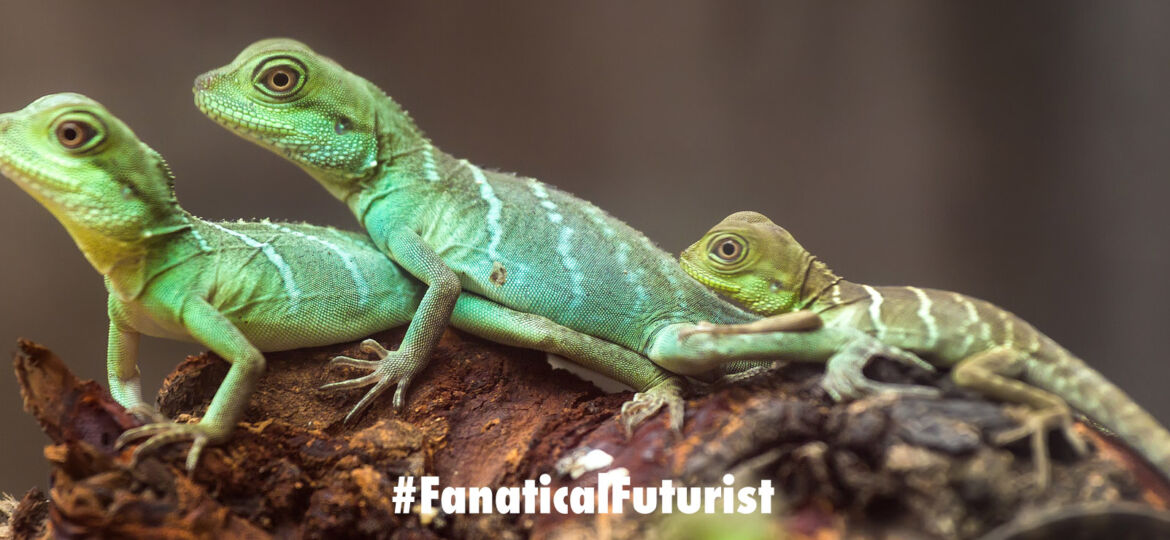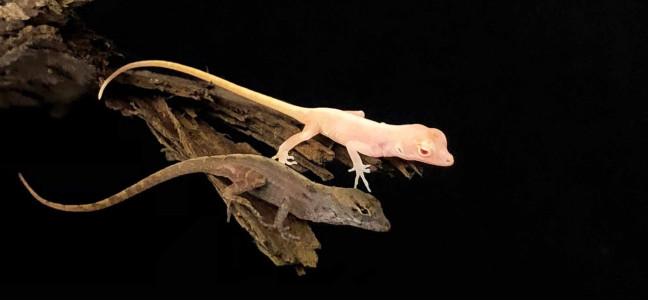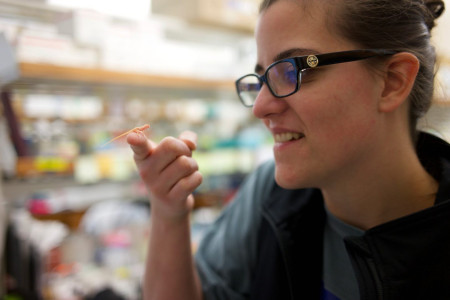
WHY THIS MATTERS IN BRIEF
As gene editing tools become more powerful scientists are starting to push the boundaries by modifying the genes of more complex animals.
For the first time reptiles, which are comparatively complex organisms, have been gene-edited with CRISPR technology after scientists at University of Georgia in the US bred four brown Anole Lizards to be albino pink instead of their typical brown, according to New Atlas. And the findings show that CRISPR gene-editing tech is more resilient and robust than scientists previously thought.
So far geneticists have shied away from gene-editing lizards, as well as more complex organisms, because their eggs are particularly fragile – the process of introducing new genes into them is likely to kill them instead. Georgia’s solution though – rather than gene-editing a fertilised egg as a CRISPR scientist might with a mammal or other animal, the scientists injected unfertilised eggs and waited for nature to run its eventual course.
After 146 injections into 21 female lizards, the scientists ended up with four mutant albinos. But the albino lizards had CRISPR-induced mutations not only in the genes they got from their mothers, but also those from their fathers, meaning the CRISPR proteins that caused the gene edits stuck around long enough to also interact with the fathers’ sperm.
The discovery that CRISPR proteins are more resilient and long-lasting than previously thought could lead to new human treatments, such as using the technology to cure blindness, and even as a cancer vaccine.
“That was a surprise,” said lead researcher Douglas Menke. “It enabled us to see the functional requirements of the gene without having to breed mutated animals to produce offspring who inherit the mutated gene from both parents. It’s a big time-saver.”
And it’s just another “positive” step in humanity’s race to gene edit animals and plants for a wide variety of reasons – from using them to create living sensor networks, through to creating plants that generate electricity, and many more weird applications besides.


















